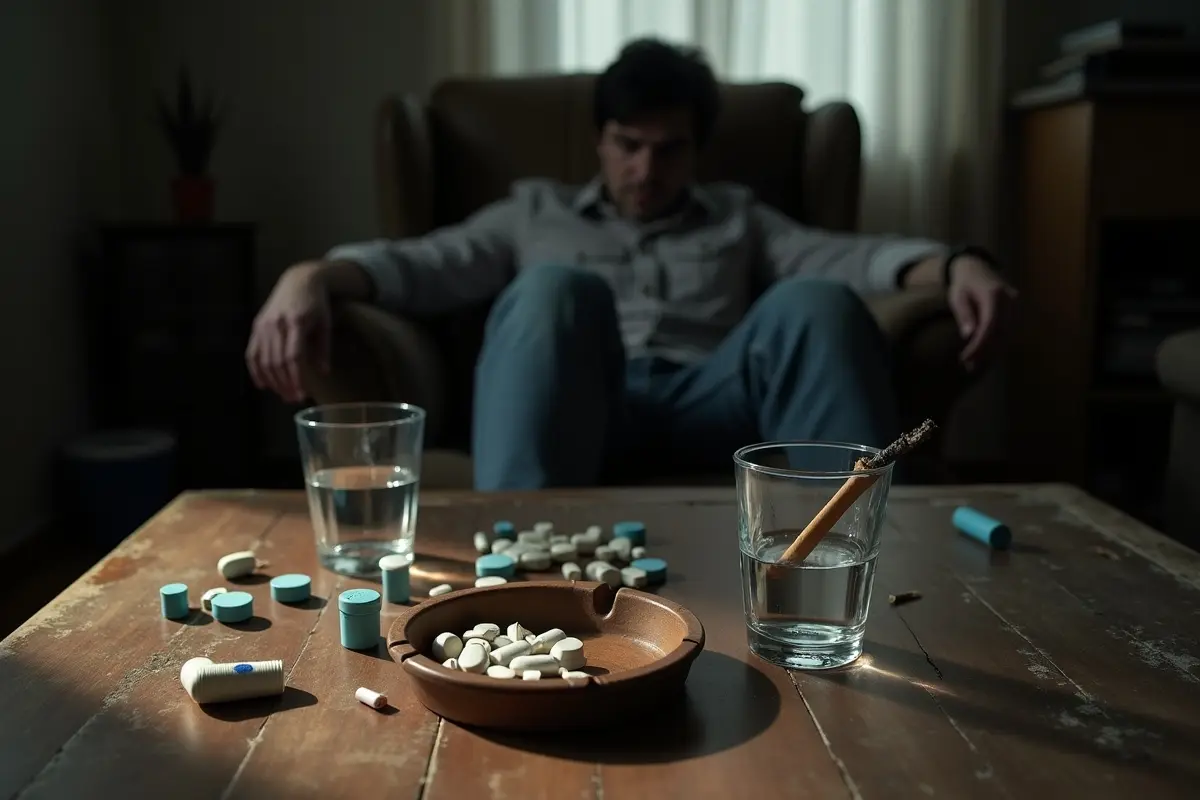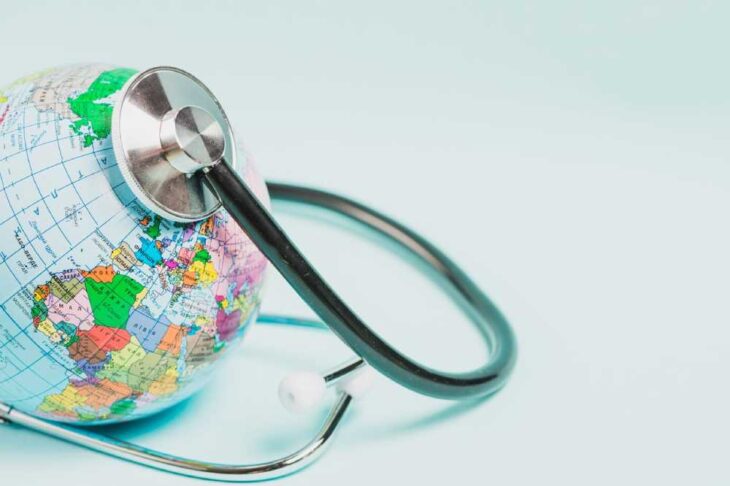
Time To Be Honest With Yourself: 7 Signs Of Addiction
Have you been wondering if your habits are starting to cross the line? Addiction isn’t always easy to recognize, especially when it’s tied to behaviors or substances that are a normal part of life for many. But being honest with yourself is the first step to making real, meaningful change. So, let’s talk about the signs of addiction—because understanding them could be what helps you take control of your life.
What Exactly Is Addiction?
Addiction isn’t just about substances like alcohol or drugs. It can also involve behaviors such as gambling, gaming, or even shopping. At its core, addiction is a compulsive need for something, despite knowing it’s causing harm to your health, relationships, or responsibilities. It’s not about lack of willpower—it’s often linked to deeper mental, emotional, or even physical triggers.
But how do you know when something has gone from a harmless habit to a harmful one? Here are seven key signs to help you reflect.
1. You’ve Tried to Cut Back, but You Can’t
Have you ever said, “I’ll quit tomorrow,” only to fall back into the same routine? One of the clearest signs of addiction and that it’s time to seek Northern California addiction treatment is when you’ve tried—maybe even multiple times—to stop or reduce your use, but you just can’t seem to stick to it. This isn’t just about motivation. Addiction changes how your brain works, making it incredibly difficult to simply walk away without support.
2. It’s Taking Over Your Thoughts
Do you find yourself thinking about it constantly? Maybe you’re planning your day around when you’ll get your next drink, hit, or session. If something is occupying your mind more than it should, that’s a sign it’s starting to control you, rather than the other way around.
3. You Need More to Feel the Same
Over time, addiction can build tolerance, meaning you need to increase your use just to feel the same effect. For example, one drink might’ve been enough to relax you in the past, but now it takes three—or more. This pattern of needing more is a major red flag.
4. It’s Impacting Your Responsibilities
Have you noticed that your work, family life, or personal goals are slipping? Maybe you’ve been missing deadlines, skipping important events, or neglecting loved ones because of your habit. Addiction doesn’t just affect you—it ripples into every part of your life, often hurting the people who care about you the most.
5. You’re Hiding or Downplaying It
If you’ve started lying about how much you’re using or doing something in secret, it’s time to ask yourself why. Hiding your behavior—whether from shame, guilt, or fear of judgment—is a big indicator that you know, deep down, there’s a problem.
6. It’s Hurting Your Health
Addiction often comes with physical and mental consequences. Maybe you’re feeling more tired, experiencing withdrawal symptoms, or noticing your anxiety or depression getting worse. Ignoring these warning signs won’t make them go away—in fact, it could lead to more serious health issues.
7. You Feel Out of Control
Do you ever feel like you’re powerless to stop? Like this thing has taken over, and you’re just along for the ride? That feeling of being out of control is a hallmark of addiction. It’s not just about willpower—it’s about recognizing when you need help to take back control.
Why Recognizing the Signs Matters
Acknowledging these signs can feel overwhelming, but it’s also incredibly empowering. Awareness is the first step toward change. When you can honestly say, “Yes, this might be a problem,” you’re giving yourself the chance to take action before things get worse.
And remember, addiction doesn’t discriminate. It can happen to anyone—regardless of age, background, or lifestyle. Recognizing it doesn’t mean you’re weak. In fact, it’s the opposite. It takes strength and courage to admit when something isn’t working in your life and to seek the support you need.
What Should You Do Next?
If you’ve identified with any of these signs, don’t panic. The good news is that help is available, and recovery is absolutely possible. Here are some steps you can take:
- Talk to Someone You Trust – Whether it’s a friend, family member, or counselor, opening up can help you feel less alone.
- Consider Professional Help – Therapists, support groups, and medical professionals can provide guidance tailored to your situation.
- Set Small Goals – Change doesn’t have to happen overnight. Start by making small, manageable changes to your routine.
- Educate Yourself – Learn about addiction and recovery so you can better understand what’s happening and what steps to take.
- Be Kind to Yourself – Recovery is a journey, not a race. There will be setbacks, but what matters is your commitment to keep moving forward.
The Power of Taking Back Control
Admitting you might be struggling with addiction can feel heavy, but it’s also the start of something incredibly powerful—taking back control of your life. By recognizing the signs and seeking help, you’re setting yourself on a path to not just recover, but thrive. So, be honest with yourself, take that first step, and remember: You’re not alone in this.

